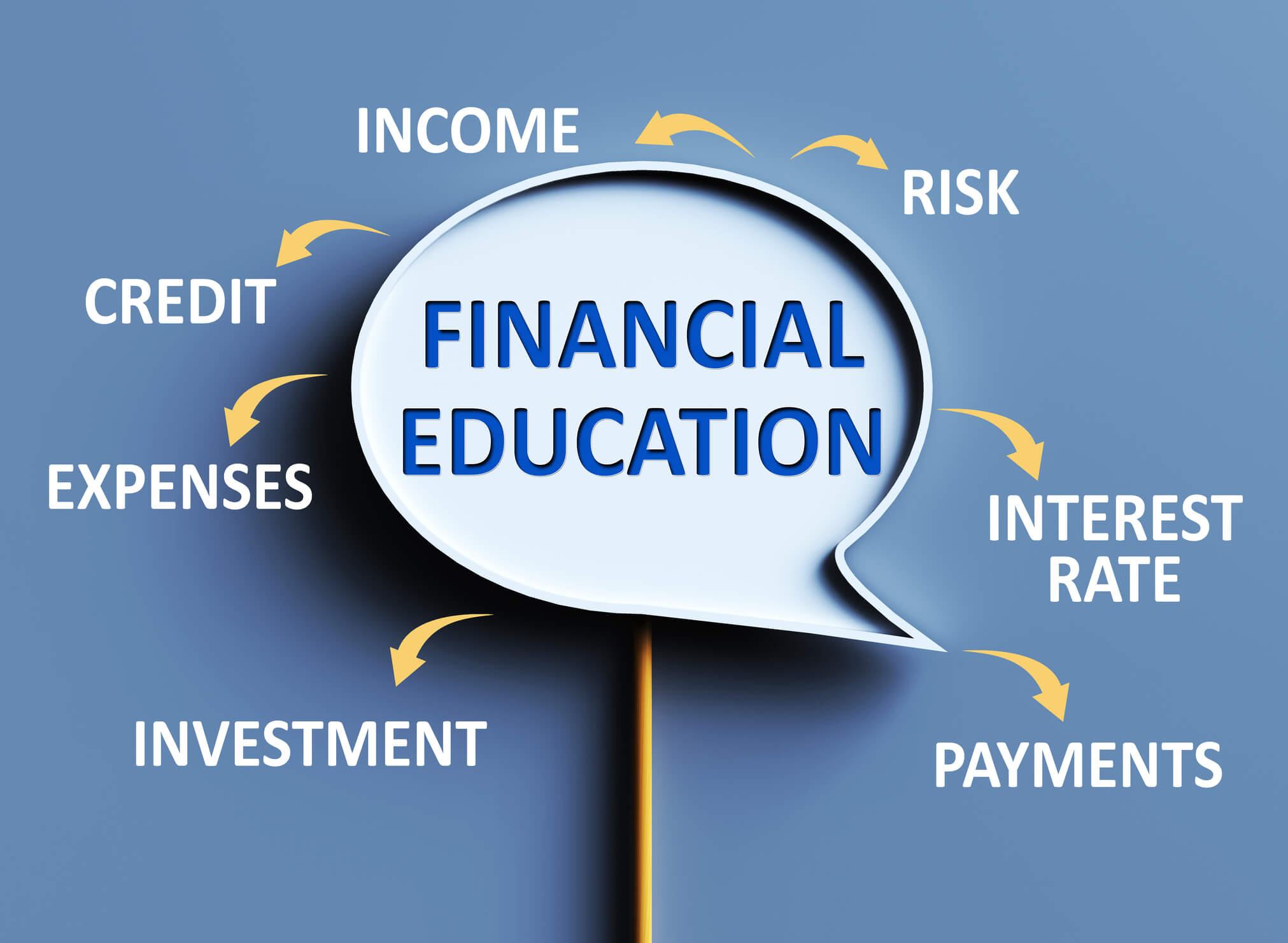JAKARTA, opinca.sch.id – In an increasingly complex financial world, the importance of financial education cannot be overstated. Understanding financial principles is essential for making informed decisions that can significantly impact your life and future. This article explores the significance of financial education, its components, and how it empowers individuals to secure their financial futures.
What Is Financial Education?

Definition
Financial education refers to the process of acquiring knowledge and skills related to managing personal finances effectively. It encompasses a wide range of topics, including budgeting, saving, investing, credit management, and retirement planning. The goal of financial education is to equip individuals with the tools they need to make sound financial decisions throughout their lives.
Importance of Financial Education
- Informed Decision-Making: Financial education empowers individuals to make informed choices about spending, saving, and investing. With a solid understanding of financial concepts, people can evaluate options and choose what aligns best with their goals.
- Risk Management: Knowledge of financial products and markets helps individuals assess risks and make decisions that minimize potential losses. Understanding the risks associated with different investments allows for better risk management.
- Long-Term Financial Security: Financial education encourages individuals to think long-term, helping them plan for future needs such as retirement, education, and emergencies. This foresight is crucial for building a secure financial future.
The Components of Financial Education
1. Budgeting
Budgeting is the cornerstone of financial education. It involves tracking income and expenses to ensure that spending aligns with financial goals. A well-structured budget helps individuals:
- Identify necessary expenses versus discretionary spending.
- Allocate funds for savings and investments.
- Avoid overspending and accumulating debt.
2. Saving
Understanding the importance of saving is a critical aspect of financial education. Individuals should learn about various saving strategies, including:
- Emergency Funds: Building an emergency fund to cover unexpected expenses is essential for financial stability.
- High-Interest Savings Accounts: Utilizing accounts that offer higher interest rates can help grow savings more effectively.
3. Investing
Investing is a vital component of financial education that allows individuals to grow their wealth over time. Key topics in investing education include:
- Investment Vehicles: Understanding different types of investments, such as stocks, bonds, mutual funds, and real estate.
- Risk and Return: Learning how to assess the risk-reward ratio of investments helps individuals make informed choices based on their risk tolerance.
4. Credit Management
Credit management is crucial for maintaining financial health. Financial education should cover:
- Understanding Credit Scores: Knowing how credit scores are calculated and their impact on borrowing costs is essential for making informed borrowing decisions.
- Debt Management: Strategies for managing and reducing debt, such as the snowball or avalanche methods, can empower individuals to take control of their financial situations.
5. Retirement Planning
Planning for retirement is a significant aspect of financial education. Individuals should learn about:
- Retirement Accounts: Understanding the different types of retirement accounts, such as 401(k)s and IRAs, and their tax implications.
- Long-Term Savings Strategies: Developing a plan for retirement savings that considers lifestyle goals and expected expenses.
The Benefits of Financial Education
1. Increased Financial Confidence
Financial education builds confidence in managing personal finances. Individuals who understand financial principles are more likely to feel empowered to make decisions regarding their money, leading to reduced anxiety and stress related to financial matters.
2. Improved Financial Health
With a solid foundation in financial education, individuals are better equipped to manage their finances effectively. This leads to improved financial health, characterized by:
- Reduced debt levels.
- Increased savings and investments.
- Higher credit scores.
3. Greater Financial Independence
Financial education fosters independence by enabling individuals to take charge of their financial futures. This independence allows for better decision-making and the ability to navigate financial challenges without relying on others.
4. Enhanced Goal Achievement
Individuals with financial education are more likely to set and achieve financial goals. Whether saving for a home, funding education, or planning for retirement, financial knowledge provides the roadmap needed to reach these objectives.
How to Pursue Financial Education
1. Online Resources
The internet is a treasure trove of financial education resources. Websites, blogs, and online courses offer valuable information on various financial topics. Some reputable sources include:
- Khan Academy: Offers free courses on personal finance and investing.
- Investopedia: A comprehensive resource for financial terms, concepts, and investment strategies.
2. Literature and Publications
There are countless books on personal finance that can provide in-depth knowledge. Some popular titles include:
- The Total Money Makeover by Dave Ramsey
- Rich Dad Poor Dad by Robert Kiyosaki
- The Intelligent Investor by Benjamin Graham
3. Financial Workshops and Seminars
Many community organizations, nonprofits, and financial institutions offer workshops and seminars on personal finance. Attending these events can provide valuable insights and networking opportunities.
4. Professional Financial Advisors
Working with a financial advisor can be beneficial for personalized financial education. Advisors can provide tailored advice based on individual financial situations and goals.
5. Continuous Learning
Financial education is an ongoing process. Staying informed about changes in financial markets, laws, and products is crucial for making informed decisions. Subscribing to financial news outlets and following reputable financial experts can help keep you updated.
Conclusion
In conclusion, financial education is the key to making informed decisions and securing your future. By understanding essential financial principles, individuals can take control of their finances, manage risks, and work toward long-term financial security. The benefits of financial education extend beyond personal finances; they contribute to overall well-being and empower individuals to achieve their goals.
Investing in your financial education is one of the best decisions you can make. Whether through online resources, books, workshops, or professional guidance, the knowledge you gain will serve as a foundation for a prosperous financial future. Remember, financial empowerment begins with education, and the journey to financial literacy is a lifelong endeavor.
Boost Your Competence: Uncover Our Insights on Financial
Spotlight Article: “Financial Empowerment!”
